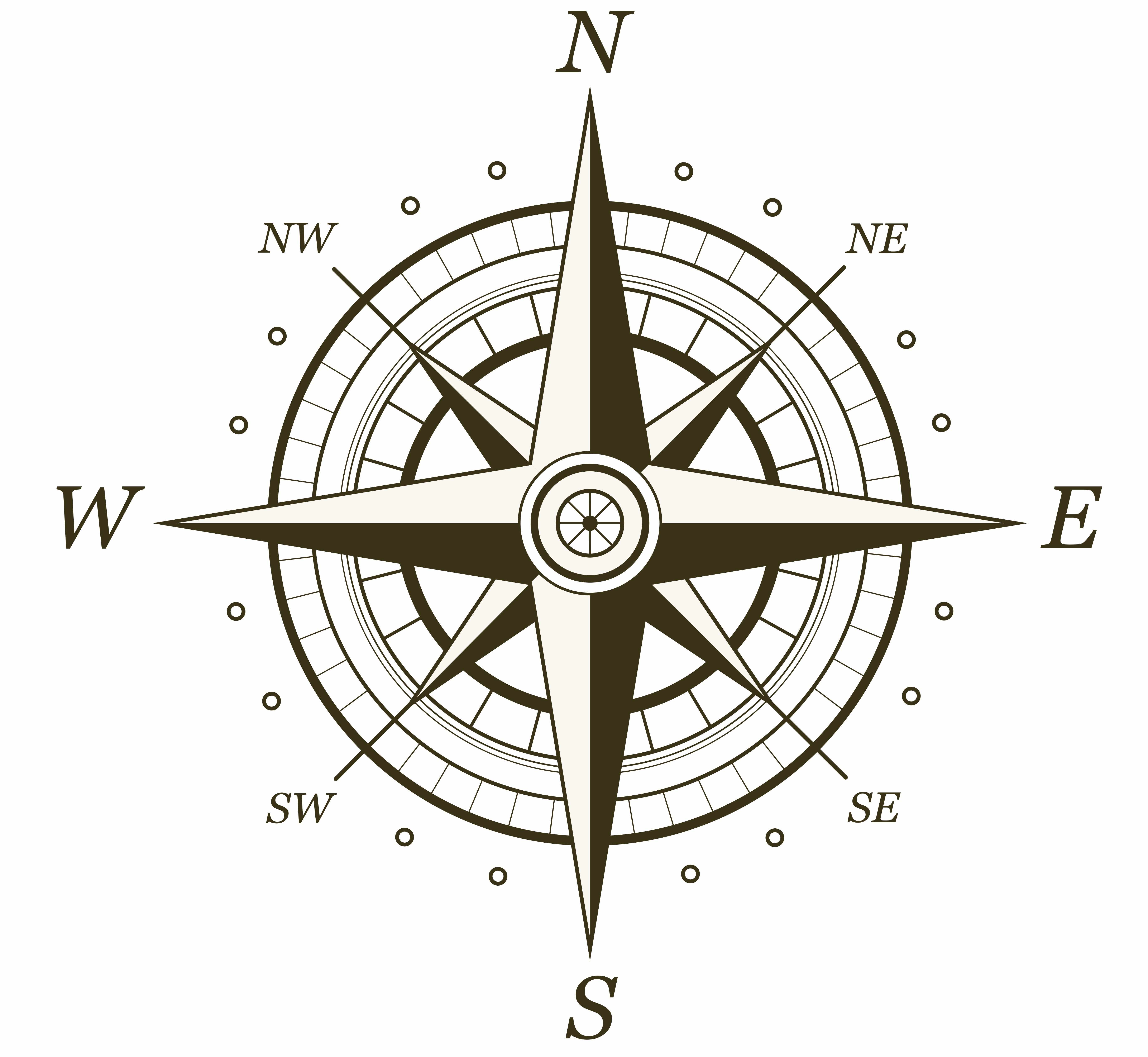Why “South”/“North” Framings are not Useful in a Shifting World Order
Palavras-chave:
G20, think tanks, science systems, policy advice, Global North, Global SouthResumo
An emerging multipolarity in which many transition economies employ "Global South" framings, often in contrast to a "Global North," defines international relations. This re-configuration of global discourses and power relations also occurs in the G20, which is led between 2022 and 2025 by countries from the "Global South." Against this backdrop, this article asks what this "Southernization" implies for the Think20, the think tank process accompanying the G20 by providing research-based policy advice and policy dialogue. In this text, we sketch out how the Think20 process during Brazil's G20 Presidency and beyond can be strengthened and further developed to bring together the different high-quality research insights represented in the network while forming epistemic friendships to support cooperative global governance.

Downloads
Publicado
Como Citar
Edição
Seção
Licença
Copyright (c) 2024 CEBRI-Revista: Brazilian Journal of International Affairs

Este trabalho está licenciado sob uma licença Creative Commons Attribution 4.0 International License.
Os Direitos Autorais dos artigos publicados na CEBRI-Revista pertencem ao(s) seu(s) respectivo(s) autor(es), com os direitos de primeira publicação cedidos à CEBRI-Revista, com o trabalho simultaneamente licenciado sob uma Licença Creative Commons CC BY 4.0, a qual permite o compartilhamento do trabalho com reconhecimento da autoria e publicação inicial nesta revista.
O(s) autor(es) tem/têm autorização para assumir contratos adicionais separadamente, para distribuição não-exclusiva da versão do trabalho publicada nesta revista (ex.: publicar em repositório institucional ou como capítulo de livro), com reconhecimento de autoria e publicação inicial nesta revista.
Autores têm permissão e são estimulados a publicar e distribuir seu trabalho online (ex.: em repositórios institucionais ou na sua página pessoal) a qualquer ponto antes ou durante o processo editorial, já que isso pode gerar alterações produtivas, bem como aumentar o impacto e a citação do trabalho publicado.
<a rel="license" href="http://creativecommons.org/licenses/by/4.0/"><img alt="Licença Creative Commons" style="border-width:0" src="https://i.creativecommons.org/l/by/4.0/88x31.png" /></a><br /><span xmlns:dct="http://purl.org/dc/terms/" property="dct:title">CEBRI-Revista: Brazilian Journal of International Affairs</span> está licenciado com uma Licença <a rel="license" href="http://creativecommons.org/licenses/by/4.0/">Creative Commons Atribuição 4.0 Internacional</a>

